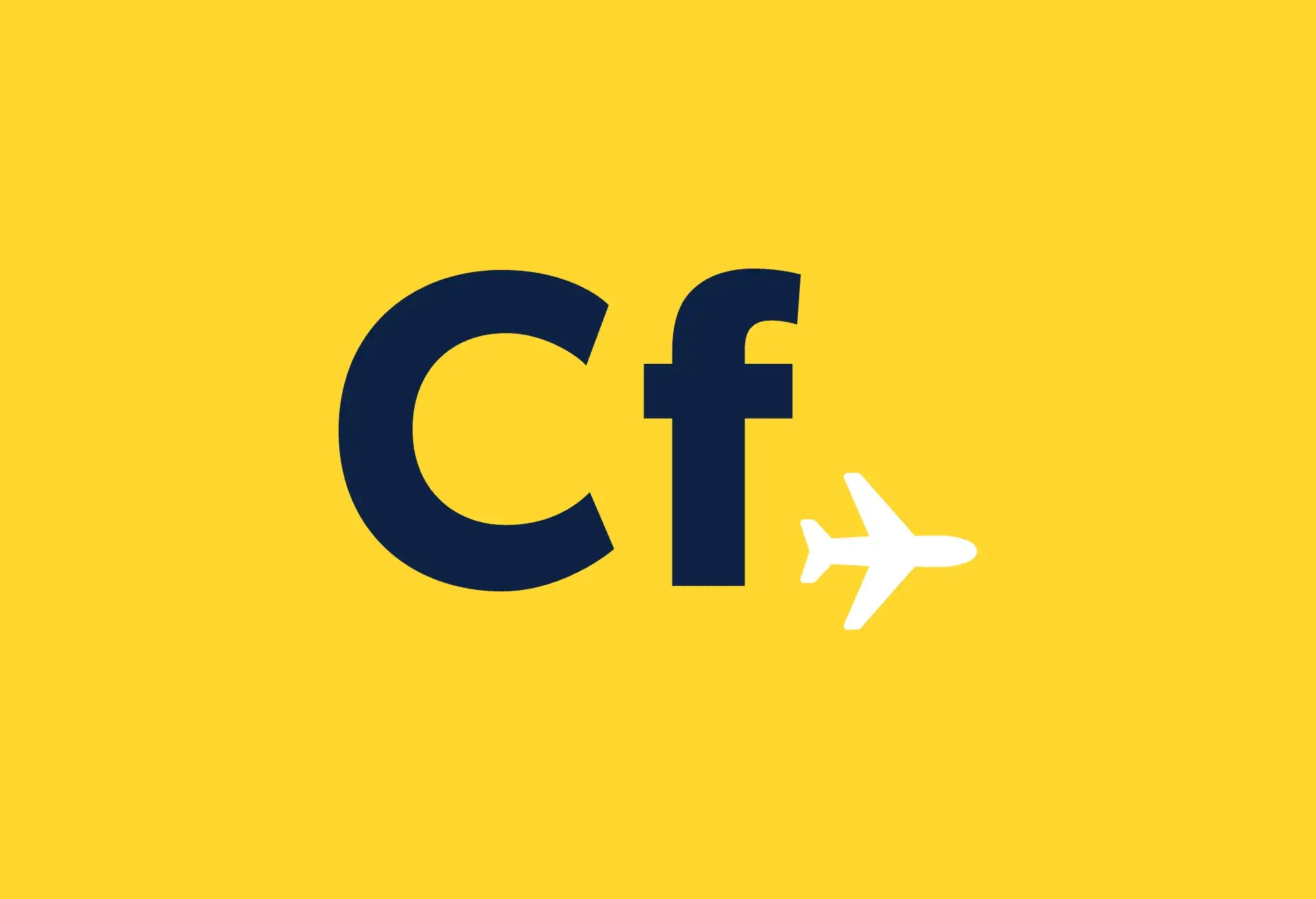Circle August 23 on your travel calendar. That’s when most of the Department of Transportation’s new passenger protection rules take effect – and that means a sea of change in the way airlines will have to treat you.
Here’s what to expect:
Full fee disclosure: Airlines will have to prominently post all potential fees on their websites. That means food fees, luggage levies, change fees, cancellation fees, advanced boarding fees and upgrade fees. All government taxes and fees will have to be included in the advertised price. Airlines haven’t had to include that in the up-front quotation before.
Refunded bag fees if they lose your luggage: If an airline loses your luggage, and you paid for them to check it, they’ve got to refund your fee. Carriers will also have to apply the same baggage allowances and fees to all segments of a trip, including those with interline or code-share partners. Rules are already in effect that mandate they must compensate you for reasonable expenses if your luggage is lost, damaged or delayed.
More money if you get bumped: You’ll get more money than you used to if you get bumped. The way things stand at this precise point in time, if you’re involuntarily denied boarding, you get cash compensation equal to the value of your ticket—up to $400. That’s if the airline gets you to your destination within a short period of time. Currently if it takes them a long time to get you where you’re going, the compensation is $800. Under revised regulations if you’re delayed for a short amount of time compensation is double the ticket price, up to $650. Longer delays mean compensation of four times the ticket price, up to a max of $1,300. The rules say compensation caps will be adjusted every two years for inflation.
Tarmac delay limits for international flights: The existing ban on lengthy tarmac delays will apply to foreign airlines’ flights to and from U.S. airports. It establishes a limit of four hours out on the on the flight line for international flights of U.S. and foreign carriers. The exceptions: safety, security, and air traffic control considerations. If you’re stuck for two hours or more airlines have got to give you enough food and water, make sure the lavatories work right, and provide necessary medical treatment.
Prompt notification of delays over half an hour: If your flight’s more than 30 minutes late, been canceled or diverted, the airline is going to have to tell you pronto. That notification has to be at the gate, on the airline’s telephone reservations system, and on its website.
Airlines holding your reservation, without payment, for at least 24 hours: The airline will have to hang on to your reservation for at least 24 hours – without payment, or penalty – if that reservation is made one week or more prior to a flight’s departure date.
A ban on post-purchase fare increases: This rule applies unless those hikes are pegged to government-imposed taxes or fees, and only if the passenger is told of, and agrees to, the potential increase at the point of sale.
Transportation Secretary Ray LaHood’s take on all of this: “Airline passengers have a right to be treated fairly.”
“This rule is like Apollo 11 passing the halfway point to the moon,” says consumer advocate Andrew Weinstein, director of Open Allies. He calls the rule “the most important one for consumers to date.”
As for the airlines, Air Transport Association president and CEO Nicholas E. Calio says, “We share the DOT goal of continuously improving the customer experience and our member airlines will implement the new rules as efficiently as possible.”
We’ll start to see how all this works late this summer.
Story by Jerry Chandler
(Image: sun dazed)


